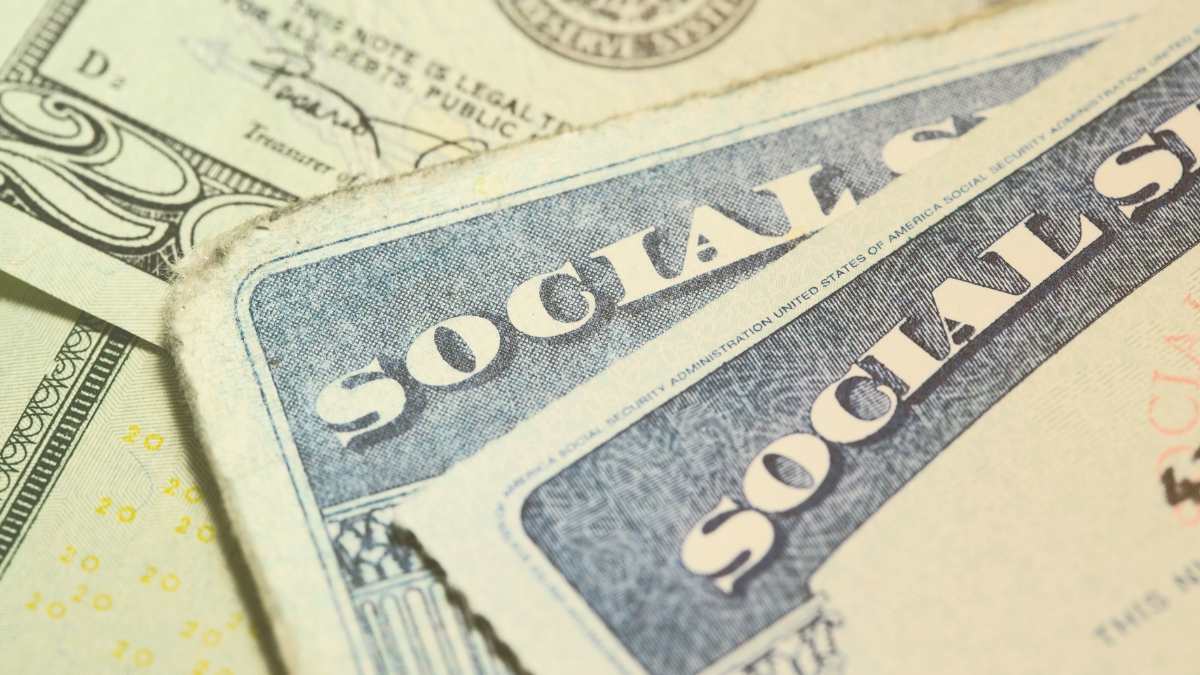If your most recent Social Security check was more generous than usual, the Social Security Administration (SSA) may not require you to pay back the extra money. This is due to a set of new rules on Social Security overpayments that were introduced by SSA Commissioner Martin O’Malley in March 2024. Under these new rules, you could keep the extra money if you don’t It was his fault to receive it. The rules are detailed in a four-step plan designed to benefit those who unknowingly receive overpayments, thinking it is an increase in their benefits.
Typically, when a Social Security beneficiary receives more money than he or she should, he or she is required to repay the excess, either through reduced monthly payments or a lump sum payment, even if the error was made by the SSA. These refunds can have a negative impact on those who rely on their monthly payments to cover essential expenses such as housing and other bills.
How Is a Social Security Overpayment Generated?
There are several reasons why overpayments may occur, according to the Social Security Administration. For example, if you start a new job and do not inform SSA in a timely manner, or if you continue to receive payments during an appeal process. The SSA handles overpayments on an individual basis, so if you receive a notification, it is advisable to contact the agency, especially if you believe it was an error. If it is a mistake, you have the option to file an appeal.

Recently, Commissioner O’Malley presented a four-step plan to modify how recipients who receive an overpayment must repay it. First, starting March 25, SSA will no longer withhold 100% of Social Security benefits when an applicant fails to respond to a refund notice. Instead, the default withholding amount will be 10%.
Second, applicants will no longer have to prove whether they were responsible for the overpayment. Instead, it will be up to the agency to determine whether the recipient was at fault for receiving the additional payment. Third, the repayment period will be extended from 36 to 60 months, giving beneficiaries more time to pay back the money, thus reducing the impact on their monthly checks. Finally, the SSA will make it easier for beneficiaries to apply for a waiver if they are not responsible for the overpayment or if they are unable to pay the money back.
How to Request a Waiver or File an Appeal for Social Security Overpayments
If you believe you are not responsible for receiving an overpayment from Social Security, you can request a waiver or file an appeal. If you accept that you have received an extra payment on your benefits but believe you should not pay it back because it was not your fault or you cannot pay the money, you can request an exemption. There is no time limit on applying for a waiver, as long as you can prove that it was not your fault or that paying the money back would cause you hardship.
To apply for the exemption, you will need to complete Form SSA-632. Once you’ve filled it out, you can mail it or drop it off at the nearest Social Security office. Do not use the form if you believe you are not at fault and the overpayment is $1,000 or less. In that case, apply by calling 1-800-772-1213 or your local Social Security office. Your application may be processed over the phone.

